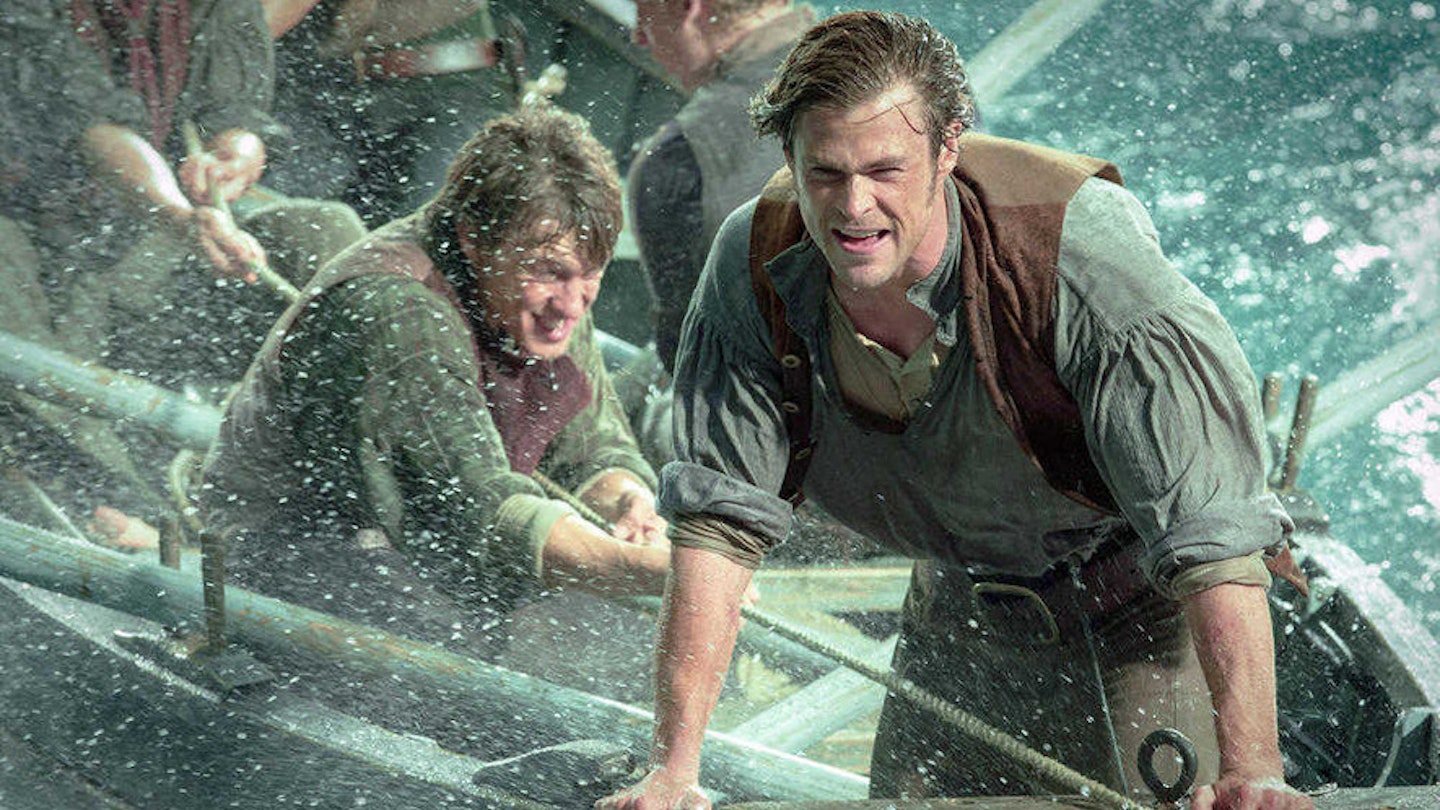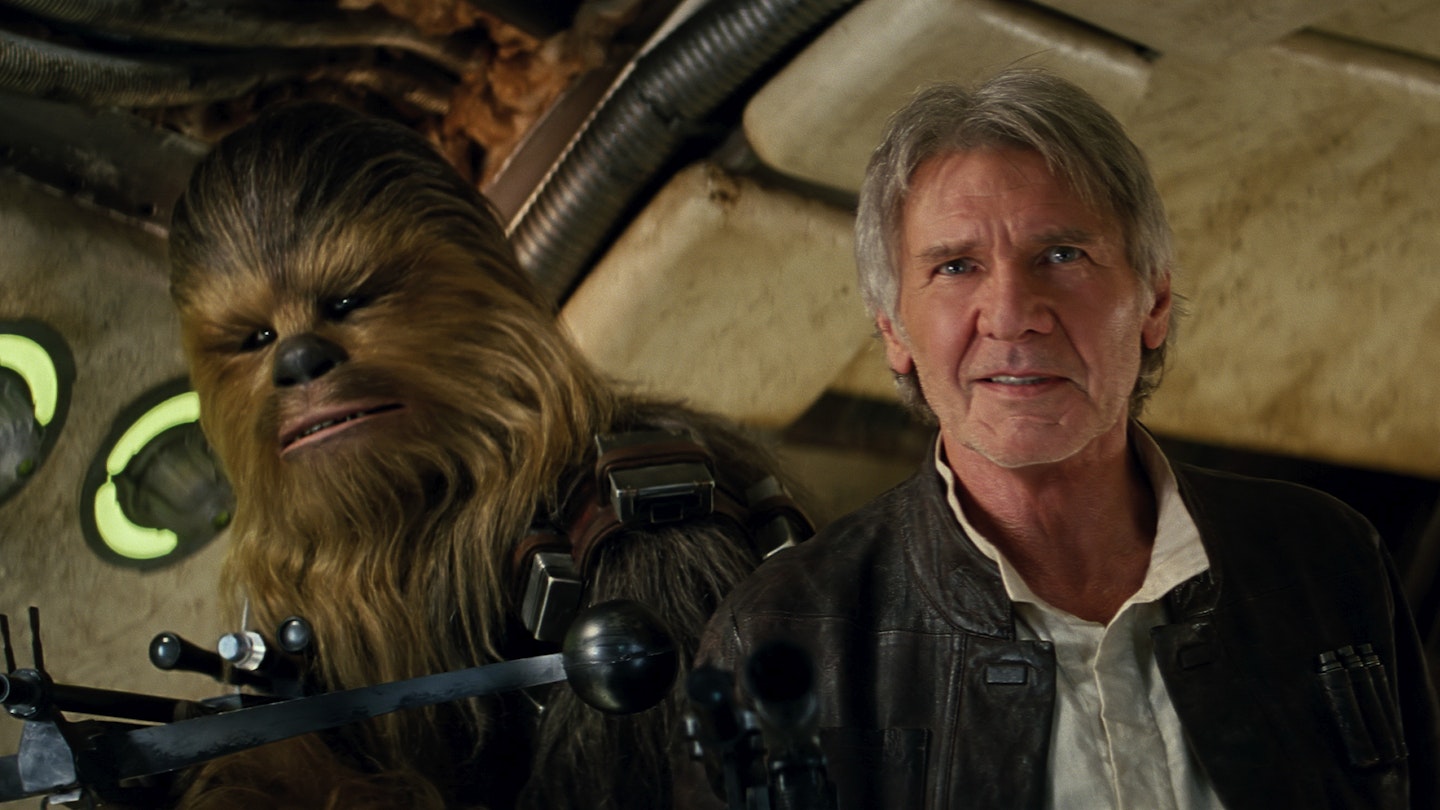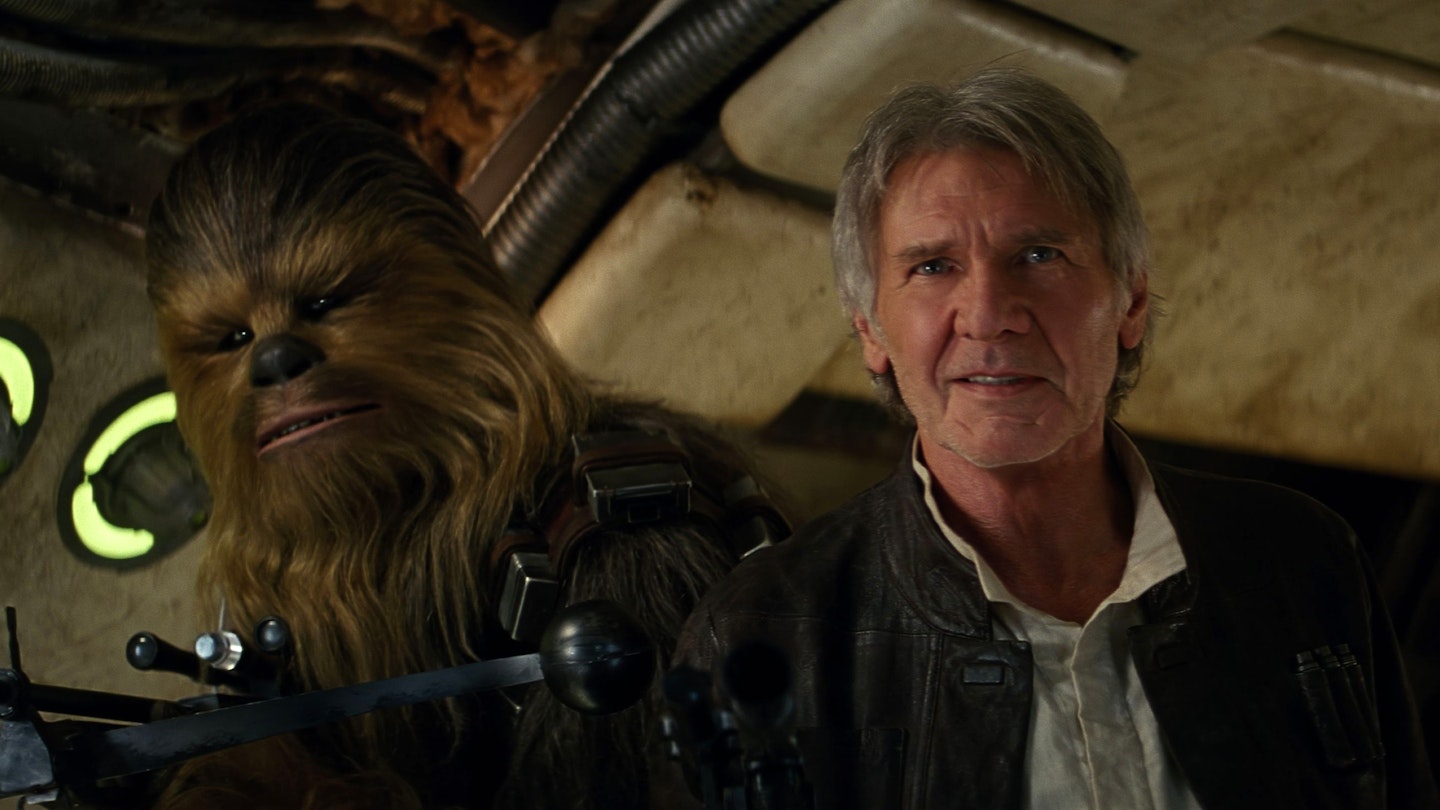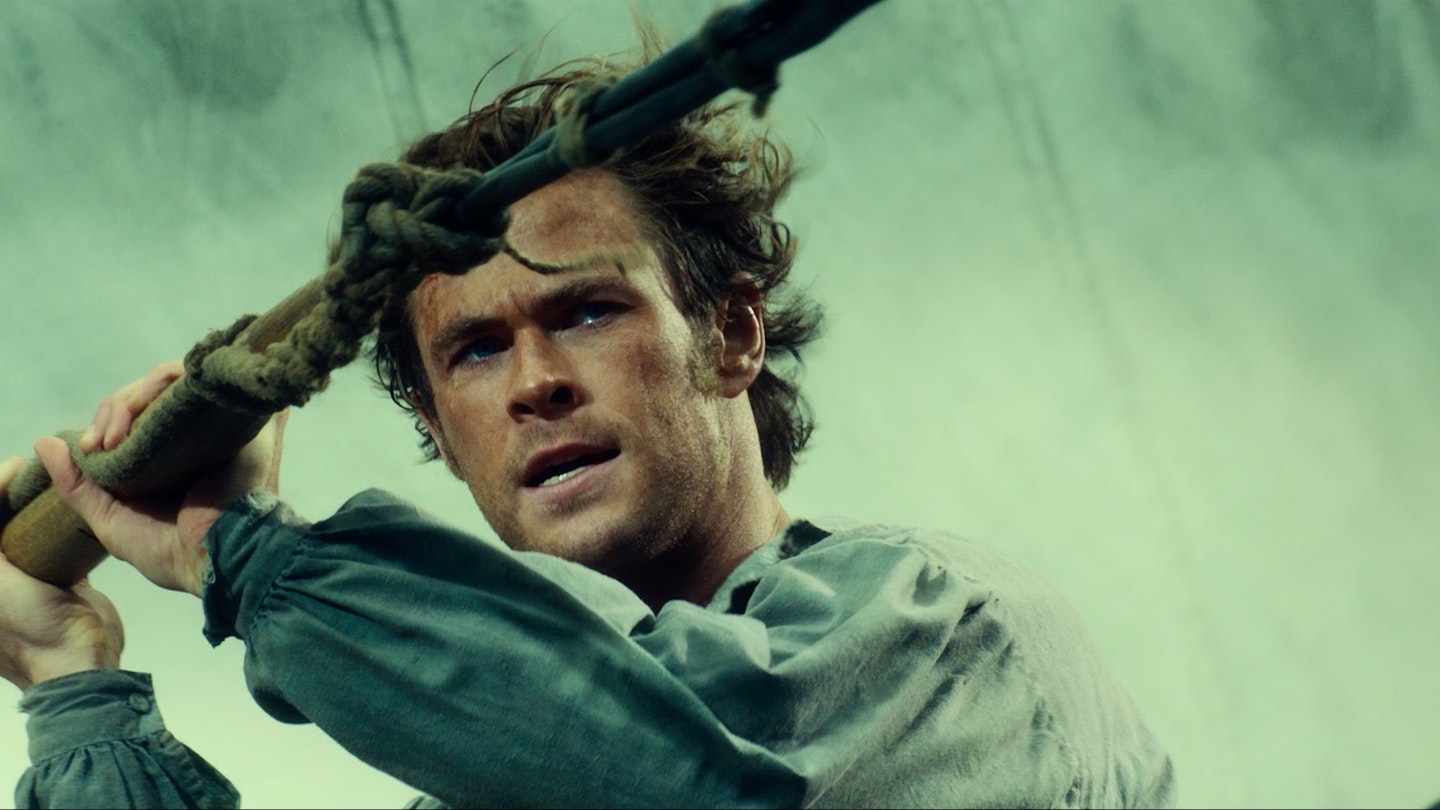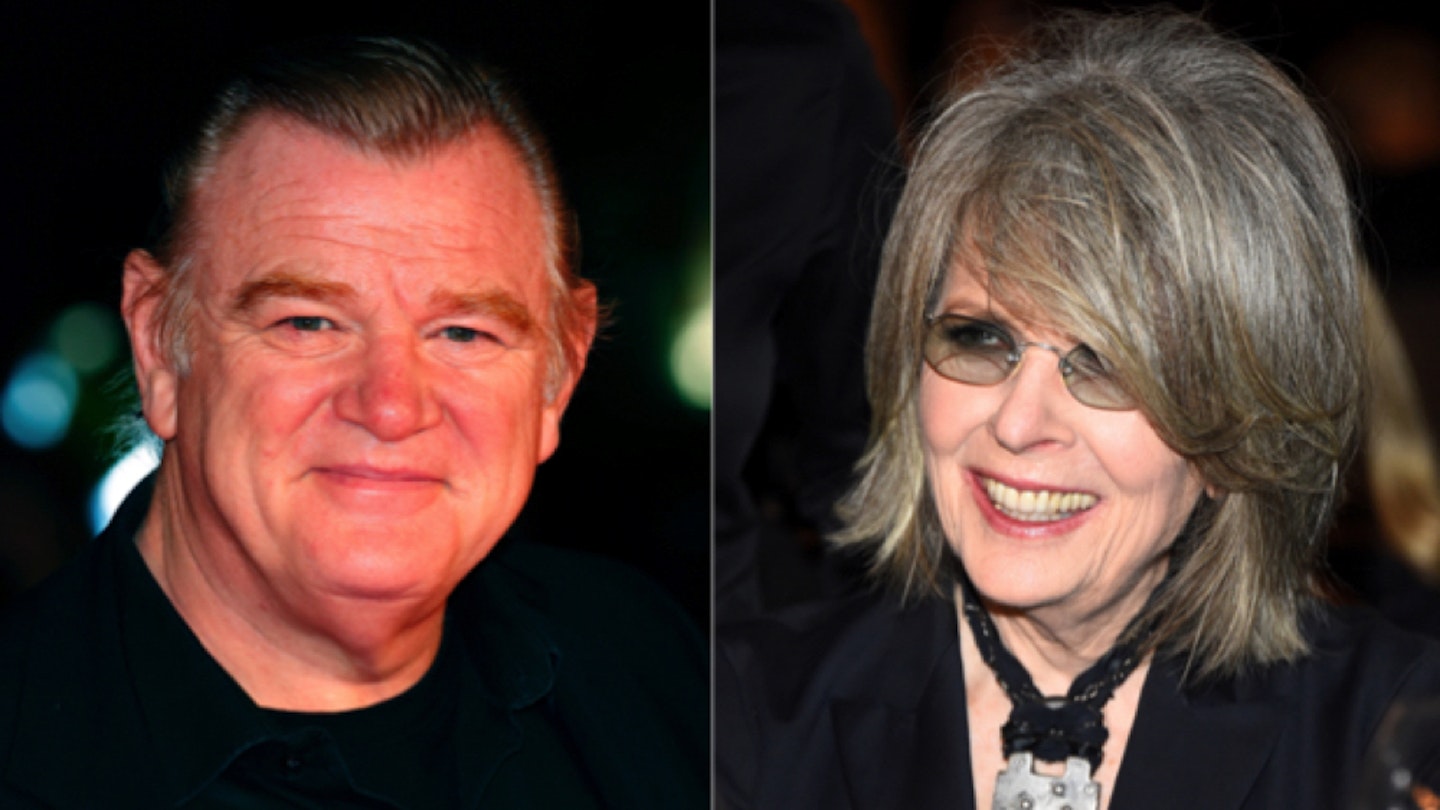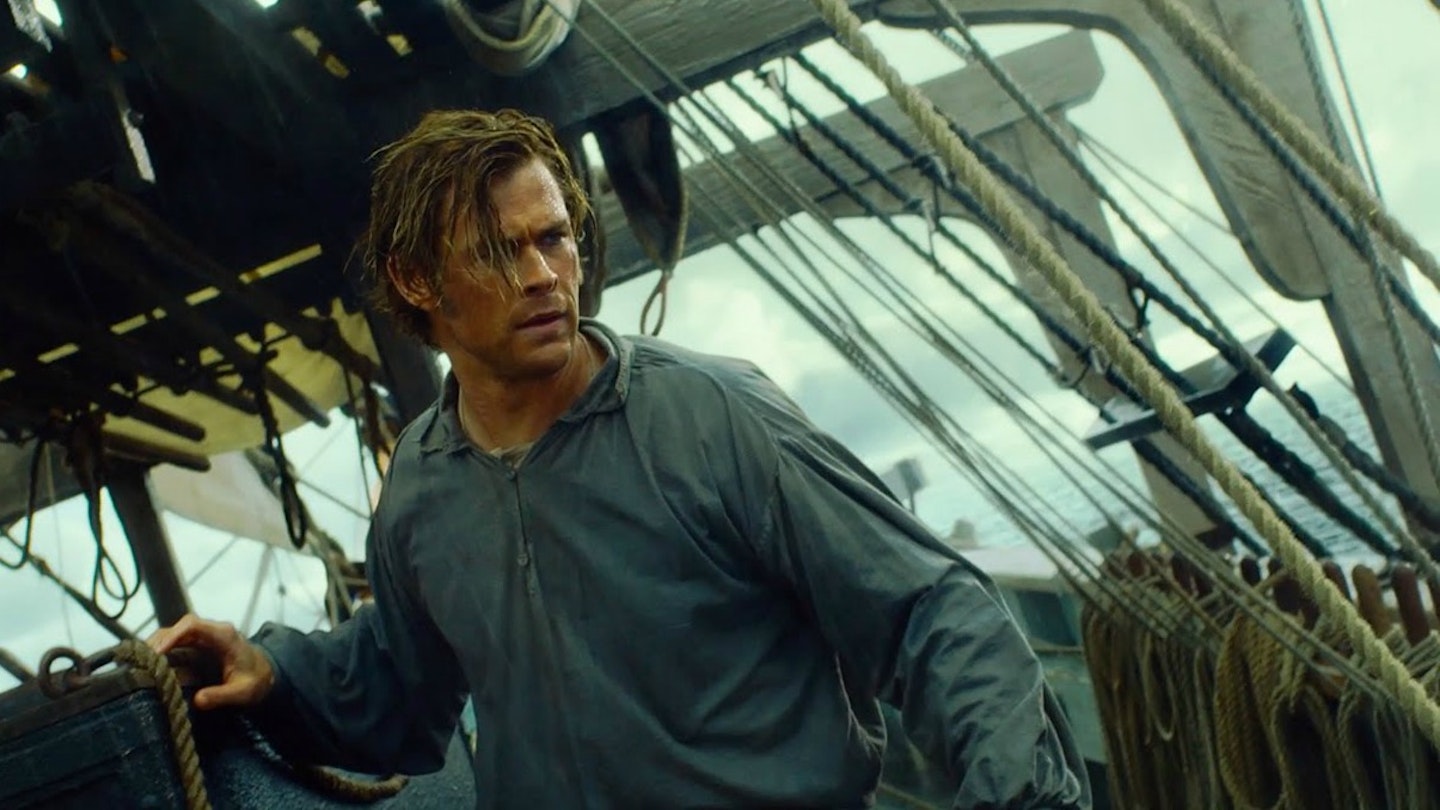If you are telling the story that inspired Moby-Dick, what can possibly go wrong? Framed by the mechanism of having Brendan Gleeson’s old salt recount the fate of the Essex to Herman Melville (Ben Whishaw), author-to-be of the Great American Novel, this promises a sea-faring epic told with all the doodads of modern cinema. So why so dramatically soggy? So overstretched? Who sidelines a 100-foot psychopathic sperm whale in search of truth?
With the non-fiction book by Nathaniel Philbrick (a name destined to write about 1820s whaling) providing verisimilitude, screenwriter Charles Leavitt musters a flotilla of yarns. Here is a clash of egos between veteran first mate Owen Chase (Chris Hemsworth, with an accent of no fixed bearing) and greenhorn Captain Pollard (Benjamin Walker, wasted as a posh nut) in gales of manly sea-spray (theme: class). Here the fretting over fished-out waters (theme: capitalism). Here the rash expedition to the mid-Pacific, patrolled by an oversized proto-Moby (theme: man versus nature). And finally, here are 90-odd days in an open boat while your waning fellows look increasingly tasty (theme: man as animal).
Great attention is paid to the authentic hum of history. Poor cabin boy Thomas Nickerson (Tom Holland) — we could call him Ishmael — is tasked with fetching oil from the inside of a rank whale skull. Cinematographer Anthony Dod Mantle gets into the grain of the antique backdrop, setting the ship against Turner-esque skies. And in 3D, the confrontations between man and lifelike CG mega-beast, to lusty bellows of whaler jargon, gain a measure of spectacle.
But determined to encompass every facet of the Essex’s woes (history and Melville focused on different aspects of the tale), Ron Howard’s film is both overstuffed and undernourished. There’s no gathering of suspense. Nothing feels hard won. It’s all in too much of a hurry. Before facing the terrible menu choices once adrift, a film should take pause. If you’re going to consume human flesh, you’ve got to chew it over first.
